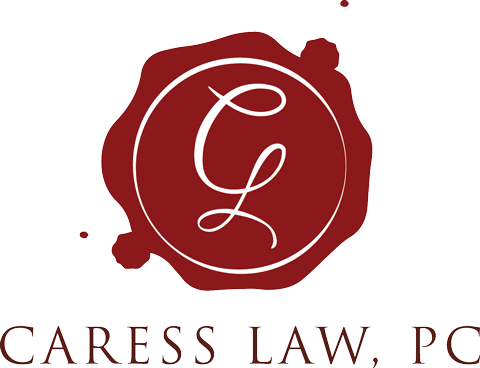If you have recently lost a loved one, you may be asking yourself what comes next. One of the first steps in settling an estate is going through probate—the legal process by which a deceased person’s assets are distributed to their beneficiaries. However, it is important to keep in mind that there are alternatives to probate, and that avoiding probate is always the best strategy. Let’s take a look at why avoiding probate is so important.
What is Probate?
The probate process can be lengthy and expensive. Generally speaking, it involves identifying and gathering all of a deceased person’s assets, paying off any debts or taxes that are owed, and then distributing all remaining assets according to the decedent’s will (or state law if the decedent did not have a will). During this process, an executor (also known as a personal representative)—a person appointed by the court—will oversee the distribution of assets.
Probate can be very time-consuming because it must go through court proceedings before any assets can be distributed. This means that creditors may file claims against an estate during this period as well. The entire process can take a minimum of six months to several years and court costs can quickly add up, making it costly for all parties involved.
Why You Should Avoid Probate
While most estates do require some form of probate action before assets can be distributed there are certain steps you can take to minimize or even avoid probate altogether.
Setting up trusts or transferring property into joint tenancy with right of survivorship prior to death can help ensure that your loved one’s assets are transferred quickly and efficiently without going through the court system. Additionally, adding beneficiary designations to retirement and other financial accounts can help ensure that your wishes for your estate are followed after your death without requiring a lengthy and expensive probate process.
Ultimately, avoiding probate should always be your goal when planning ahead for your own estate. However, these probate avoidance techniques should not be done without forethought. It is critical to examine tax planning tactics as well as the implications of holding assets in joint tenancy or passing assets through beneficiary designation. Without enlisting the help of an experienced estate planning attorney these probate avoidance tactics may have unanticipated implications, such as increased tax liability and unintentional disinheritance of loved ones.
Contact Caress Law, PC
Talk to an experienced attorney today about how you can minimize potential probate costs while still ensuring your wishes are followed after death. Contact us today to schedule an initial consultation, or to make plans to update an estate plan you already have in place.


